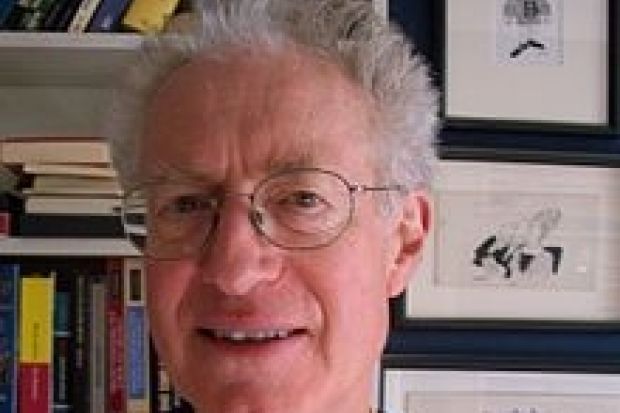The event took place at King's College London on 24 October as part of the week-long Inside Out Festival, put on by the Culture Capital Exchange in association with Times Higher Education.
In the hot seats for whatever the chairman threw at them were Shahidha Bari, lecturer in English and philosophy at Queen Mary, University of London; David Berman, reader in theoretical physics at Queen Mary; Ben Quash, professor of Christianity and the arts at King's College and Simon Wessely, professor of psychological medicine, also at King's.
Although all were asked about what makes a good death, the best music for a desert island and the best music to end a party political conference, they could not long avoid the current state of higher education.
One member of the audience cited Cardinal Newman and wondered whether his vision of knowledge for its own sake still rang true.
"Now students hope to get what they pay for," responded Dr Bari, "and don't anticipate getting more." She also cited the views of postcolonial theorist Gayatri Spivak that teaching is "the uncoercive re-arrangement of desires".
Dr Quash was happy to see "universities at the service of society, but not only at the service of money-making".
Another question focused on whether universities are better today than 30 years ago. "In my medical degree," recalled Professor Wessely, "I missed a whole eye course and we missed out the legs altogether! Things are better regulated today, but we had much more fun."
Dr Quash agreed that there was more consistency nowadays but looked back with affection to "the light-touch and rather eccentric forms of pedagogy" he had encountered in Cambridge.
Professor Berman thought that "the key is being taught by the people doing the research". Asked about the greatest scientific discovery he hoped to see during the present century, he said: "We want to understand why we live in the number of dimensions we do live in. Science is about answering the questions we never thought to ask."
Register to continue
Why register?
- Registration is free and only takes a moment
- Once registered, you can read 3 articles a month
- Sign up for our newsletter
Subscribe
Or subscribe for unlimited access to:
- Unlimited access to news, views, insights & reviews
- Digital editions
- Digital access to THE’s university and college rankings analysis
Already registered or a current subscriber?
